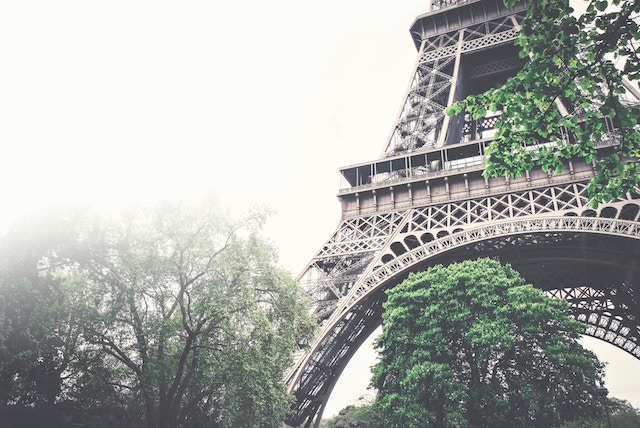Dealing with Not-So-Subtle Racism in Paris


There were colonies of course, but the long absence of minorities within the actual borders of the nation seems to have impacted how they view immigrants, particularly immigrants of color. Even today, France does not collect race or ethnic data in their census and maintains “color-blind” public policies.
To be frank, it seems as though many people I’ve encountered have prejudiced ideas about minorities, but they don’t believe these ideas are racist.
Because of this, the way that the French think about citizenship, race, and everything pertaining to people of different backgrounds cohabitating in the same urban area is very different from what I expected. To be frank, it seems as though many people I’ve encountered have prejudiced ideas about minorities, but they don’t believe these ideas are racist. Racism to them is epitomized by America in the 1950s and 60s (my host mom was absolutely appalled by what she saw in film, The Butler).

But despite how shocked many people are about race relations in the States, I can think of several instances in which I was in a racially charged environment and no one seemed to notice.
For example, I was recently talking with a group of French students about the difference between the legal drinking age in France and in the States. One student said the legal age was 16. “No, it’s 18,” remarked the other.
He told my Italian friend that she was Japanese. “I can tell. Your eyes, they’re small.”
“Then how is it that I was able to get alcohol at 16?”
“Because you have the face of a terrorist.” I expected this student, who was of North African descent, to defend himself and counter that obviously offensive statement. But he said nothing.
Not soon after, I was in a restaurant with three friends, all of us American, but of different ethnic backgrounds. Upon checkout, the cashier asked us where we were from. We told him America, but he was skeptical. We couldn’t all be American. We didn’t look American, whatever that means. He told my Italian friend that she was Japanese. “I can tell. Your eyes, they’re small.”
She responded matter-of-factly, “That is racist. You are racist, and if I actually were Japanese, I’d be more offended than I am now.”
We shouldn’t let wanderlust blind our realities.
I don’t want to make it seem as though racism is rampant and comments like these are the norm. But they’re not infrequent. This is no indictment on the French. This is not even an indictment on the people whose comments I disagree with.
This is simply a message to minorities who are possibly disillusioned, as I once was, and believe that because history unraveled in a different way over here in the Old World, people are more advanced in terms of race relations. The problems that exist in America, or very likely in any other nation, exist everywhere. We shouldn’t let wanderlust blind our realities.
Dealing with Not-So-Subtle Racism in Paris
Related Reading
Negotiating Race Relations in France as a Black Teacher
Have you traveled to Paris? How was your trip? Email us at [email protected] for information about sharing your experience and advice with the Pink Pangea community. We can’t wait to hear from you.








